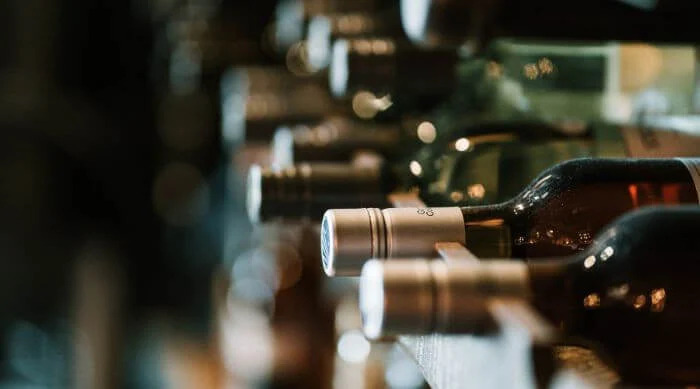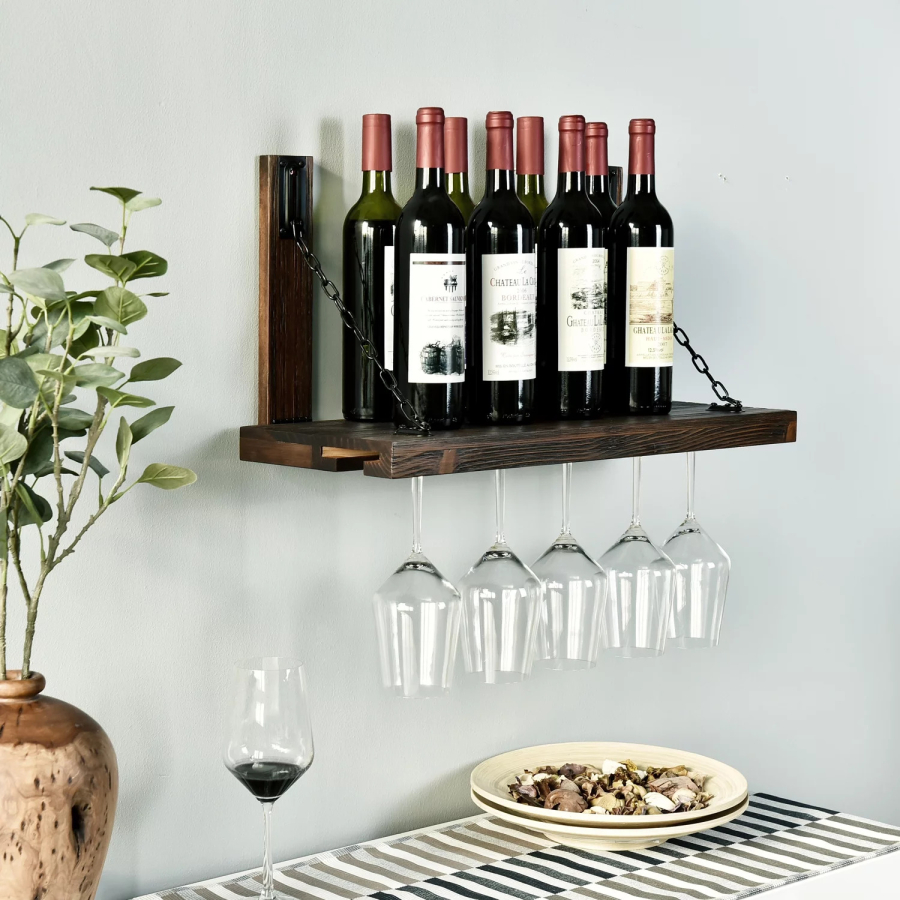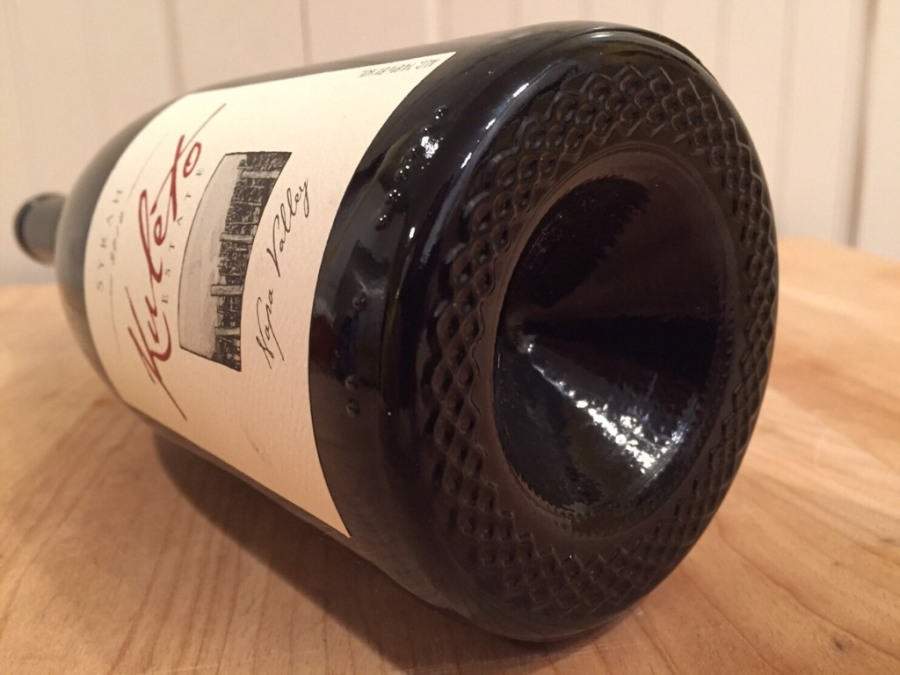Although is frequently used, not everyone knows how to store wine so that the flavor is not diminished by oxidation. So is it correct to store wine upright or lying down? The answer from experienced fine dining staff may surprise many.
How should wine be stored?
According to numerous studies, storing wine bottles horizontally is actually the best way to preserve them. The reason for this is that the cork is usually made of wood, so when the wine bottle is laid down, the wine will come into contact with the cork and prevent the cork from becoming dry. If the cork becomes dry, it will shrink and cause the wine to not be properly sealed, leading to potential oxidation and the entry of bacteria, which can affect the flavor and spoil the wine.

Storing wine bottles horizontally is actually the best way to preserve them.
In addition, if wine bottles are stored vertically, sediment will settle at the bottom of the bottle. When you pour the wine, this sediment can be disturbed and affect the visual appeal. Therefore, when wine bottles are stored horizontally, you will see the sediment settle in the “belly of the bottle” and not “run” into the glass when poured.
Nowadays, wine producers have replaced traditional wooden corks with various materials, allowing you to tightly seal the bottle and prevent the wine from being affected by air temperature or room humidity. Therefore, you can choose to store wine bottles horizontally or upright based on your personal preference.
However, for sparkling or bubbly wines, it is recommended to store them upright, as these wines have high air pressure inside the bottle, which creates bubbles and gas when opened. Also, a plastic stopper is usually used to release the pressure when applying force to open the bottle. Storing these wines horizontally can significantly affect the internal pressure and flavor of the wine.

For sparkling or bubbly wines, it is recommended to store them upright.
Why is the bottom of wine bottles concave?
Facilitates pouring
When you hold a wine bottle in your hand, many people have a habit of admiring it. At that time, you can place your thumb in the concave part at the bottom of the bottle and support it with the remaining fingers underneath. This not only makes observation easier but also allows for a better grip and easier pouring of wine.
Gives the illusion of more wine
In reality, a concave bottom can create the illusion of having more wine in the bottle, deceiving the eye.

The concave bottom of wine bottles provides the illusion of having more wine and facilitates holding, chilling, and more.
Facilitates sediment settling
Wine bottles that have been aged for a long time often have a small amount of sediment, and the concave bottom helps this sediment to settle and remain undisturbed, preserving the aesthetic appearance of the wine.
Speeds up the chilling process
Due to its design, the concave bottom increases the surface area of the bottle in contact with the cold environment, resulting in a faster chilling process. Especially when you immerse wine bottles in a bucket of ice, the bottom of the bottle will always be the first to cool down.
Provides better stability
When placing a wine bottle on a slightly uneven surface or a rocky ground, the concave bottom provides better stability compared to bottles with a flat bottom.
Yes, you can. Modern wine bottles have improved sealing capabilities, so oxidation is less of a concern. You can store wine bottles either horizontally or upright based on your preference and the type of wine.
Sparkling wines are best stored upright due to their high internal air pressure. Storing them horizontally can affect this pressure and the flavor of the wine. Additionally, the plastic stopper used in these bottles works best when the bottle is upright.
The concave shape at the bottom of wine bottles has multiple benefits. It gives the illusion of more wine, facilitates better grip and pouring, helps sediment settle, speeds up the chilling process, and provides better stability on uneven surfaces.
The Challenge of Storing Wine Correctly
Discover the secret to preserving the perfect taste of wine with Bách Hóa XANH! Learn how to effectively store your wine for maximum flavor and freshness.
Should wine be stored upright or on its side?
Many people wonder whether wine bottles should be placed horizontally or vertically on a budget-friendly wine rack. Restaurants often opt for horizontal placement, primarily for aesthetic purposes. However, the truth is that storing wine bottles vertically is the ideal method. This position keeps the cork in contact with the wine, preventing it from drying out and compromising the quality of the wine. So, if you want to preserve the taste and integrity of your wine, store it vertically.




































